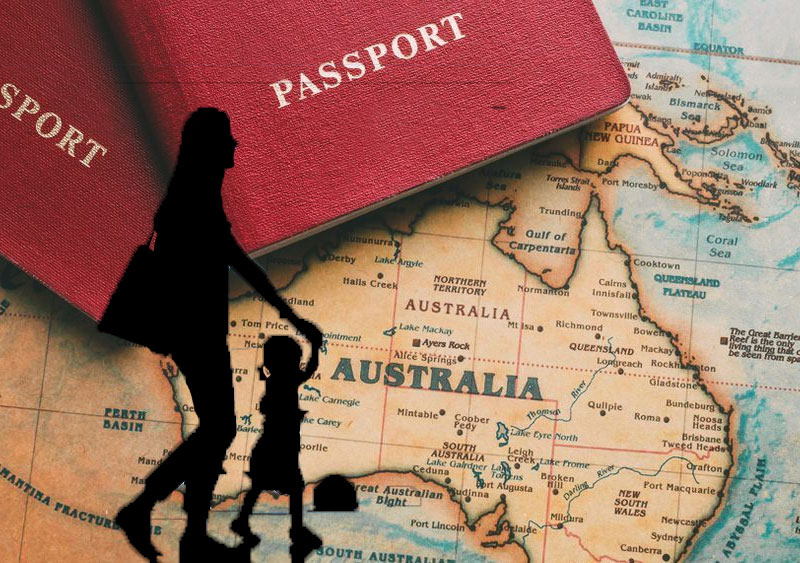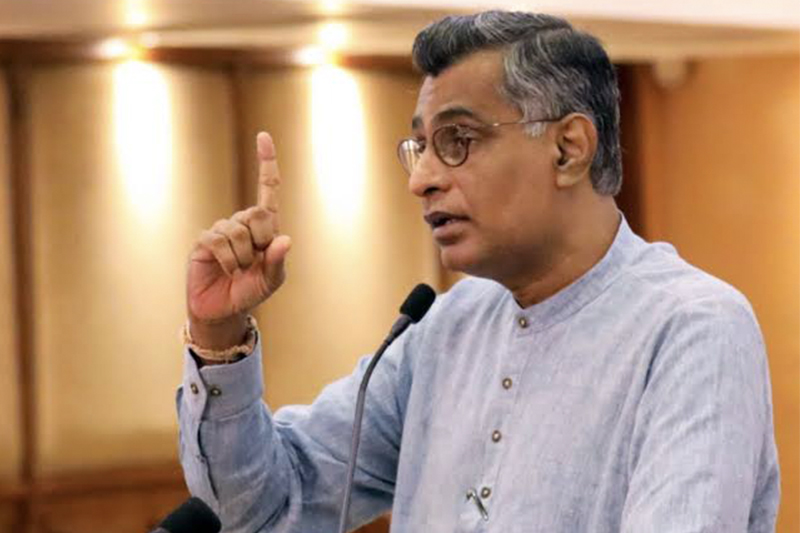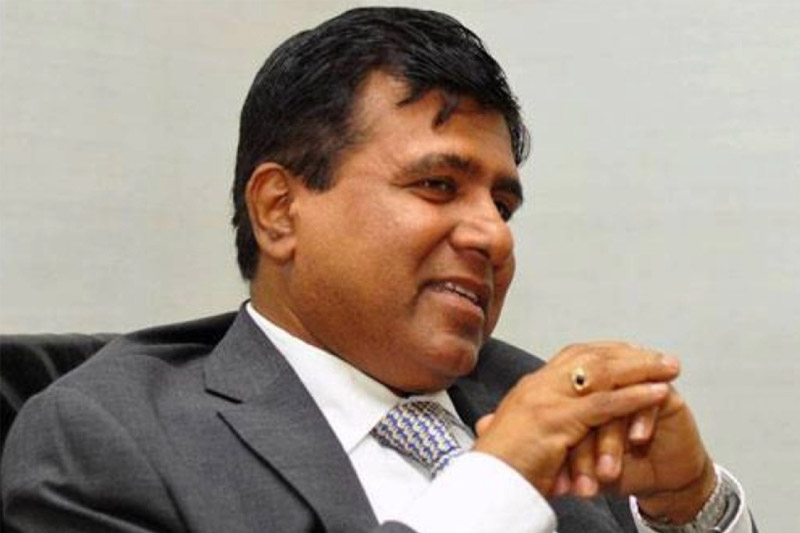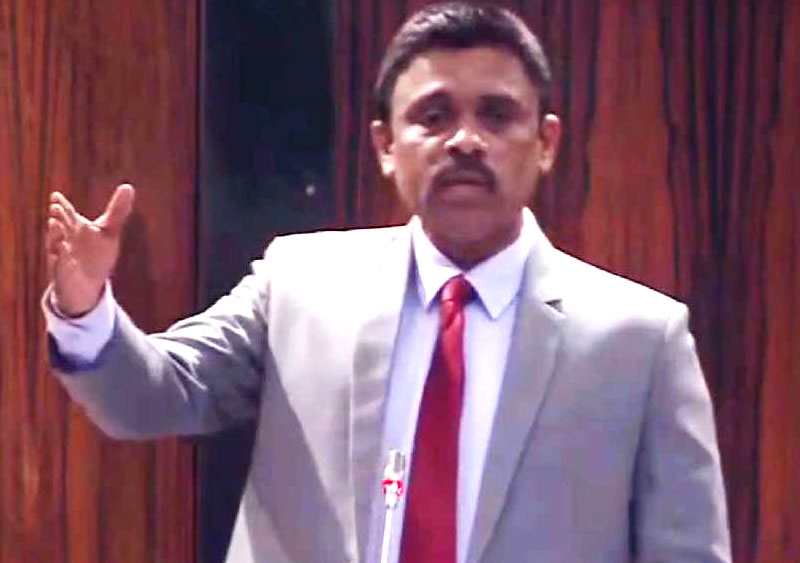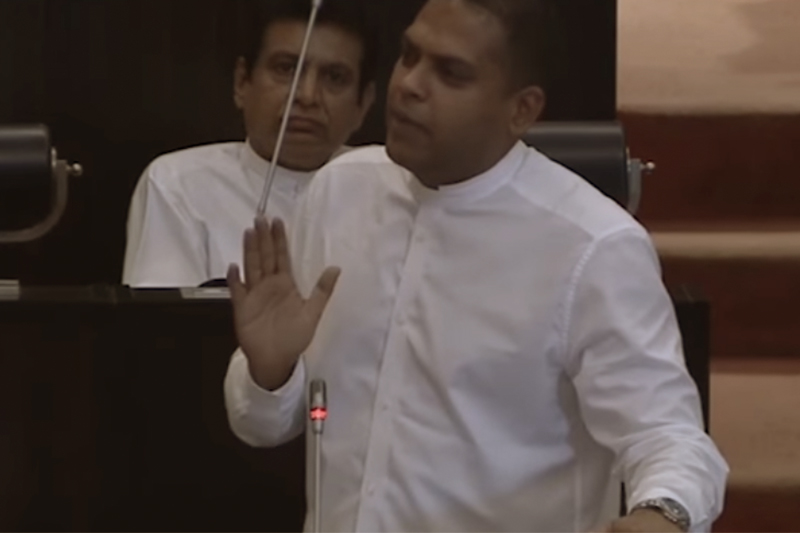Australia announced a new migration policy on Monday that would tighten visa requirements for skilled workers and foreign students in order to make immigration “sustainable.”
A review of the migration system found “that it was so badly broken (that) it required a 10-year rebuild. The Albanese Government is fixing this,” Home Affairs Minister Clare O’Neil said on social media platform X, formerly Twitter.
The migration policy includes a new “skills in demand visa” to attract highly qualified individuals and essential workers to meet the demands of the workforce.
“The strategy helps us get the skills we need – in healthcare, for our net zero transition, and in our digital economy,” O’Neil said in a statement.
According to government data, net immigration into Australia reached 510,000 between – July 1, 2022, and Jun. 30, 2023, and is expected to be another 440,000 and 305,000 people, respectively, for the next two years.
But with the new strategy, Australia, a country that largely depends on migrants for its economic growth, aims to reduce net immigration to 375,000 in 2024 and to 250,000 in 2025.
“The overall mix of our migration program at the moment is not delivering for the country…it is really hard to get those highly skilled workers that we desperately need here. But we have made it much too easy for people to use the side door and backdoor entries into our workforce,” O’Neil said.
The government plans to tighten English proficiency requirements for visas for graduates and international students and frame measures to prevent the extension of student visas that would prolong their stay in the country.
“Today there are about 650,000 (international) students, we expect to see the sector continue to grow but we don’t want it to grow as fast as it has been growing in the past few years,” said O’Neil.
Migration has occupied a central role in Australian politics in recent months where more than half of all 25.5 million inhabitants are first- or second-generation immigrants.
Rising cost of living and surge in real estate costs have been attributed to a new wave of immigrants post-pandemic.
(EFE)

